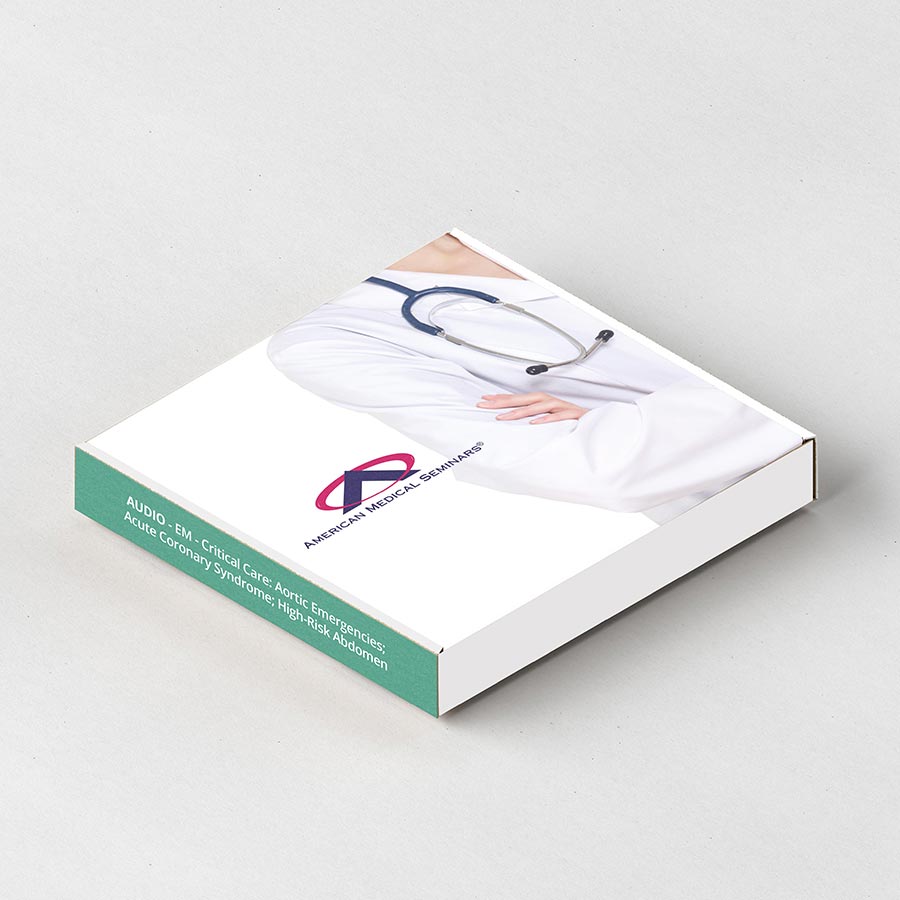Product Description
Title: Emergency Medicine – Neurology: Neuromuscular Weakness; Syncope; Headache
Faculty: Joel Kravitz, M.D., Laurence J. Kinsella, M.D., Andrew Chang, M.D.
Original Release Date: July 1, 2018 Expiration Date: July 1, 2021
TOPIC 1: Neuromuscular Weakness.
Upon completion of this session, the participant should be able to: COMP
- Discriminate between various clinical entities causing neuromuscular weakness, including Guillain-Barré syndrome, myasthenia gravis, and others.
- Demonstrate techniques to be able to discriminate between organic and functional weakness.
- Compare and contrast upper and lower motor neuron disease.
TOPIC 2: Syncope and Autonomic Dysfunction.
Upon completion of this session, the participant should be able to: COMP
- Discuss the causes and natural history of syncope and Postural Orthostatic Tachycardia Syndrome (POTS).
- Apply bedside tilt and tilt table testing.
- Define treatment strategies for orthostatic hypotension.
TOPIC 3: The Thunderclap Headache.
Upon completion of this session, the participant should be able to: COMP, EBM
- Determine characteristics suggesting a thunderclap headache.
- Construct a differential diagnosis beyond subarachnoid hemorrhage in the patient presenting with a thunderclap headache as per the ACEP clinical policy on acute headache.
- Interpret spinal fluid results in the workup of a thunderclap headache.
- The receipt for any incentive-associated purchase will designate the value of the gift card separately from the cost of the learning activity.
- This incentive may have implications on your tax reporting obligations. Any reimbursed amount must be declared as personal income for tax purposes.


